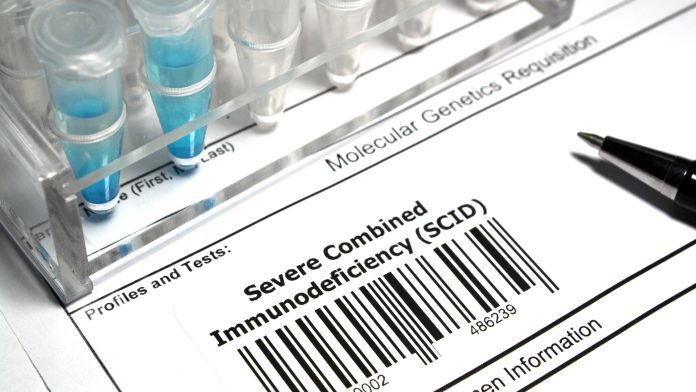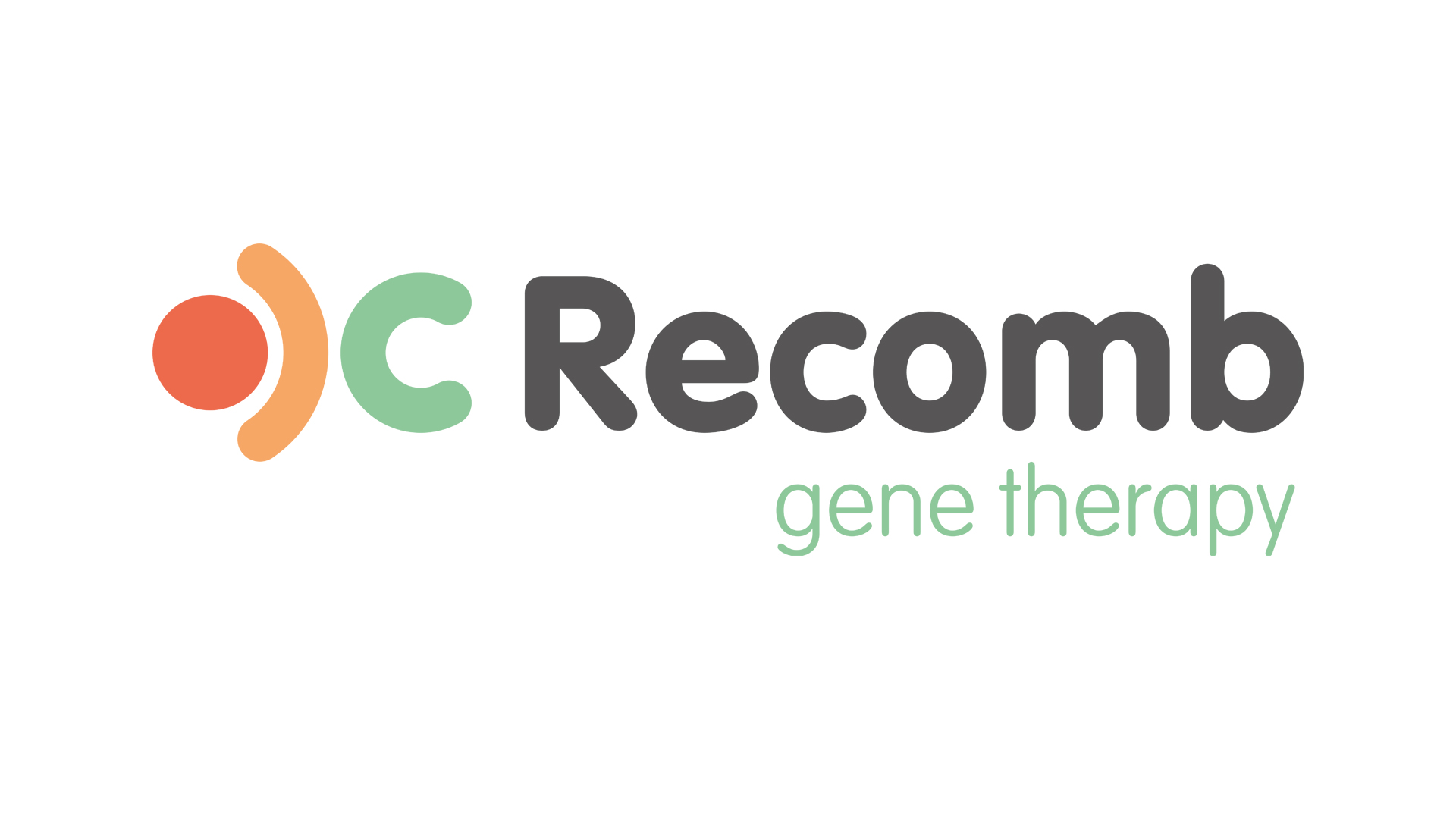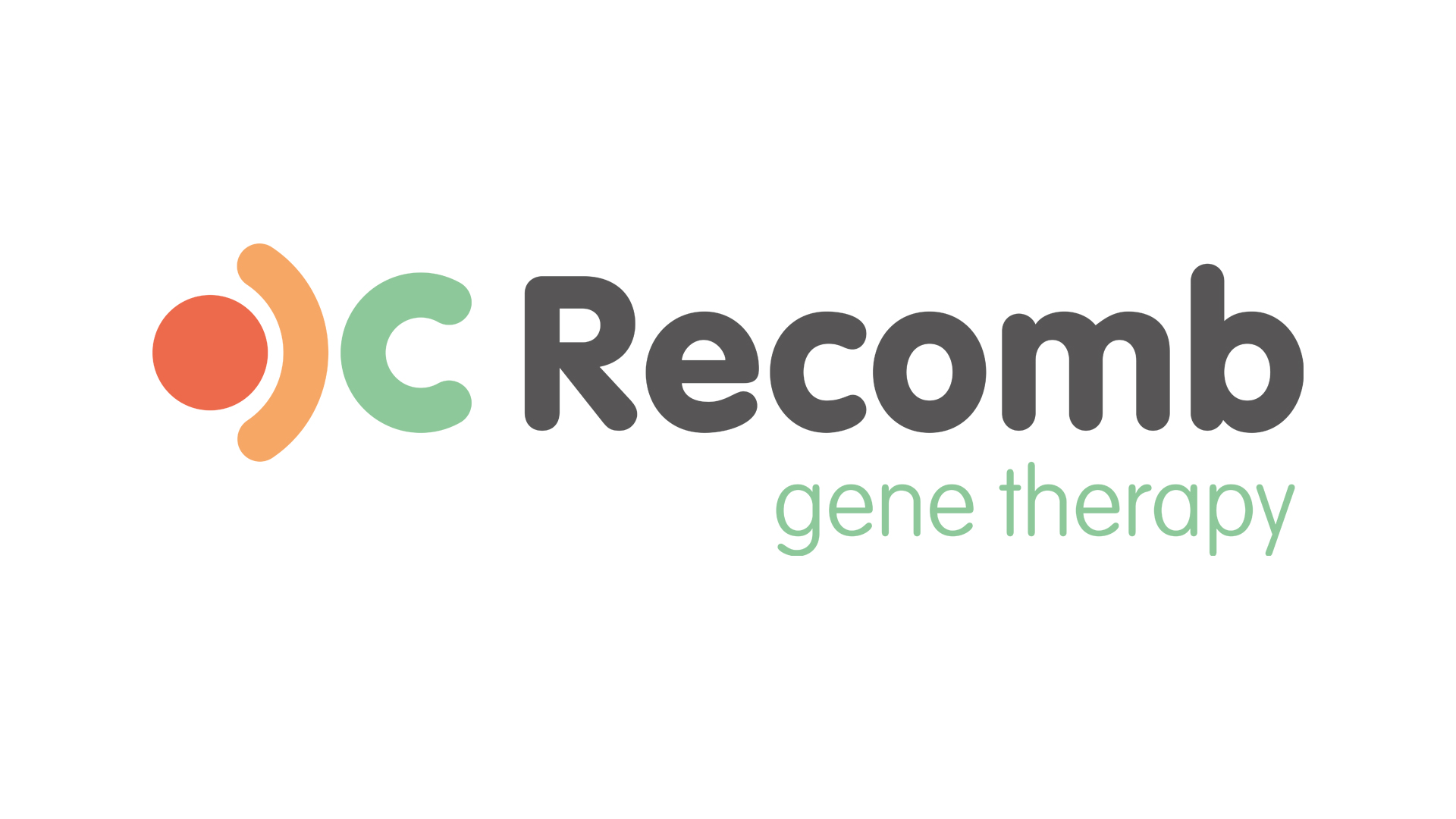
Recomb outlines important milestones in the development of autologous haematopoietic stem cell-based gene therapy for recombination-deficient severe combined immunodeficiency.
Infants born with severe combined immunodeficiency (SCID) are lacking functional immune systems, a paediatric emergency leading to death in the first year of life if left untreated. Recomb, a multinational research consortium funded by the EU Horizon 2020 programme, began developing a novel autologous haematopoietic stem cell-based gene therapy (GT) in 2018 to treat recombination-deficient severe combined immunodeficiency (RAG1-SCID).
When successful, this will provide a novel treatment for recombination-deficient severe combined immunodeficiency patients with a more favourable profile compared to the currently recommended allogeneic haematopoietic stem cell transplantation (allo-HSCT). GT likely requires less intense conditioning and the typical allo-HSCT related risk for Graft-versus-Host disease (GvHD) can be avoided, thereby reducing the risk for acute and late toxicity. In addition, there are numerous advantages envisaged for the patients’ lives, society, and the economy. Since Recombs’ first article in Health Europa Quarterly in 20181, significant preclinical and clinical progress has been made, exemplified by the first patient being recruited in Leiden University Medical Center (LUMC) in the Netherlands in August 2021.
This article highlights the progress made and underlines the need to develop GT to meet these patients’ unmet needs using a cost-effective approach.
Treating severe combined immunodeficiency
Primary immunodeficiencies (PID) are a heterogeneous and growing group of over 4502 rare genetic disorders affecting either the development or the function of the immune system. One of the most severe PIDs is severe combined immunodeficiency, a life-threatening disorder caused by a severe deficiency of T lymphocytes.3 Severe combined immunodeficiency babies are usually born asymptomatic but develop severe infections during the initial months, including pneumonia, meningitis, sepsis, as well as failure to thrive, and without adequate treatment, they generally die within their first year.4
Severe combined immunodeficiency is estimated to affect around one in 35,000 infants in the EU each year,5,6 and babies are increasingly being detected through national newborn screening programmes7, improving their chance of survival. For decades, the recommended curative treatment for severe combined immunodeficiency patients is allo-HSCT, by which the patients’ deficient immune system is corrected by replacing the affected autologous stem cells with those from a healthy donor. Although successful and lifesaving, allo-HSCT has the best outcome when performed with a human leukocyte antigen (HLA) matched family donor or unrelated donor, while the outcomes with a mismatched donor are less successful. Other factors affecting the transplant outcomes are the disease genotype, the use of conditioning, and the clinical condition of the patient at the time of transplant.8
Patients undergoing allo-HSCT also run the risk of GVHD, an immune reaction of donor T-cells directed against the recipient’s organs and tissues which negatively impacts survival. GT for recombination-deficient severe combined immunodeficiency has the
the premise to provide effective treatment while reducing or avoiding the risk of complications related to allo-HSCT9, similar to what has recently been reported for GT in ADA-SCID.10 The same technology is also available for other types of immune deficiencies.11
The Recomb consortium
Recomb is a multinational research consortium working to develop autologous stem cell-based GT as a curative treatment for recombination-deficient severe combined immunodeficiency. GT aims to cure disease by delivering the therapeutic gene into the target cells using vectors to restore the production and function of the wild-type protein. By successful stem cell transduction, the introduced therapeutic gene is passed to all newly formed immune cells, with the potential to provide a single treatment life-long cure. Since GT makes use of the patient’s own stem cells, typical allo-HSCT related risks can be avoided thereby reducing morbidity and increasing the chance of survival. Co-ordinated by LUMC, Recomb involves one Israeli and 15 European institutes and the International Patient Organisation for Primary Immunodeficiencies (IPOPI).
Pre-clinical achievements since 2018
Despite some delays caused by the COVID-19 pandemic, the Recomb consortium has made significant progress since 2018, reaching several important milestones. A lentiviral-based approach had previously been developed for transferring the therapeutic RAG1 gene into CD34+ HSCs to correct the deficiency, and proof-of-principle was obtained in pre-clinical mouse studies, supporting the feasibility of using gene-corrected stem cells to restore T and B cell immunity. The vector batches have been successfully produced and tested by the consortium. In vitro safety testing, using the IVIM assay, showed that the vectors were not genotoxic and deemed safe for conducting the clinical trial. Pre-clinical and clean-room validation tests using human CD34+ stem cells confirmed vector efficacy, safety and stability.12
For state-of-the-art immunomonitoring, optimisation of highly standardised flow cytometry protocols (Euroflow) and tools have been accomplished by the consortium. In addition, molecular T and B cell repertoire analyses and responses to regular vaccinations are included to assess the quantitative and qualitative immune reconstitution by the RAG1 gene-corrected cells. Moreover, a comprehensive integration site analysis is part of the vector safety evaluation.
First patient recruited in the Netherlands
This study is a prospective, non-randomised, open-label, phase I/II intervention study designed to treat children up to 24 months of age with recombination-deficient severe combined immunodeficiency with an indication for allo-HSCT but lacking an HLA-matched donor. The consortium opened the clinical trial in the Netherlands in April 2021, after obtaining full regulatory approval. A seminal milestone was reached for the inclusion and treatment of the first patient in August 2021. The patient was diagnosed with recombination-deficient severe combined immunodeficiency immediately after birth through positive family history and confirmed through the national severe combined immunodeficiency neonatal screening programme. To date, the clinical course was uneventful, and the patient shows clear signs of T and B cell reconstitution. Monitoring at both cellular and molecular levels will be continued to assess the short and long-term effects of GT. The other Recomb clinical sites are in the process of obtaining regulatory approval, which will allow recruitment in these sites as well.
Studying long-term outcomes in transplanted severe combined immunodeficiency patients
Within Recomb, a separate study investigates the long-term outcome in transplanted severe combined immunodeficiency patients from a combined clinical/immunological quality of life and health economics perspective making use of validated questionnaires. To date, four centres are collecting data for this study, and several others are expected to join this year. Altogether, the consortium expects to receive data from 100-150 transplanted SCID patients, creating a unique dataset.
Concluding remarks
Building on the successful achievements so far, many advantageous impacts are foreseen on patients’ lives, society, and (health) economy, as well as on the scientific and clinical practice. With an increasing number of European countries implementing newborn screening to enable early diagnosis of severe combined immunodeficiency, the number of newly identified patients is predicted to significantly increase. Recomb aims to fulfil the unmet needs of this growing group of patients and contribute to making GT a realistic option for 70% of all genetic severe combined immunodeficiency variants in Europe. Moreover, the therapy is envisaged to be cost-effective and easily accessible for patients and families, as the collected stem cells will be sent to the manufacturing site while the patients remain in their local clinical expert centre. Patients’ genetically modified stem cells will then be returned to the participating clinical centres to be reinfused. This approach will facilitate wide access to this novel treatment for all affected children throughout Europe. If successful, the consortium also anticipates that the programme will strengthen expertise that can be applied to other diseases with an indication for autologous stem cell-based GT.
References
1 Staal FJT et al. (2019). Health Europa Quarterly, Issue 8.
2 Tangye SG et al. (2021). J Clin Immunol) 41(3):666–79
3 Garcia-Perez L et al. (2020) Mol. Ther. Methods Clin. Dev., 17,666-682
4 van der Burg M et al. (2019 Frontiers in Pediatrics, vol 7
5 Kwan A et al. (2014). JAMA;312(7):729-38
6 Rechavi E et al. (2017). Front Immunol;8:1448.
7 Screen4Rare. Call to Action – Newborn Screening for Rare Diseases. 08-01-2020.
8 Lankester AC et al. (2021). J Allergy Clin Immunol S0091-64749
9 Garcia-Perez L et al. (2020). Pharmaceutics; 12(6):549.
10 Kohn et al. (2021). N Engl J Med; 384:2002-2013
11 Staal FJT (2019). Front Pediatr;7:
12 Garcia-Perez L et al. (2021). Front Immunol.;11:607991
This article is from issue 22 of Health Europa Quarterly. Click here to get your free subscription today.










